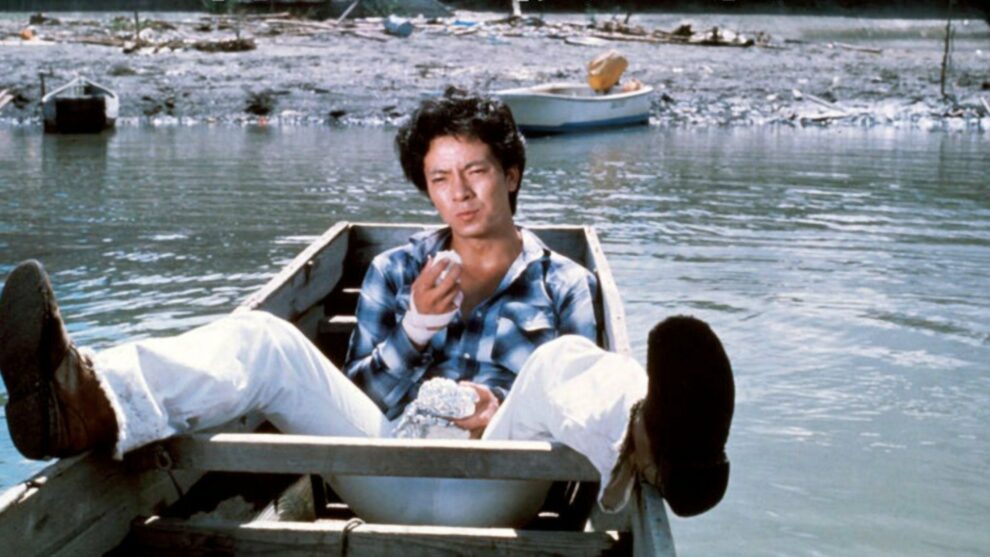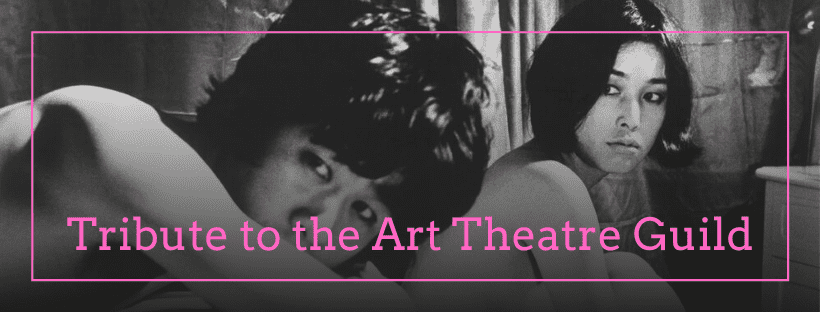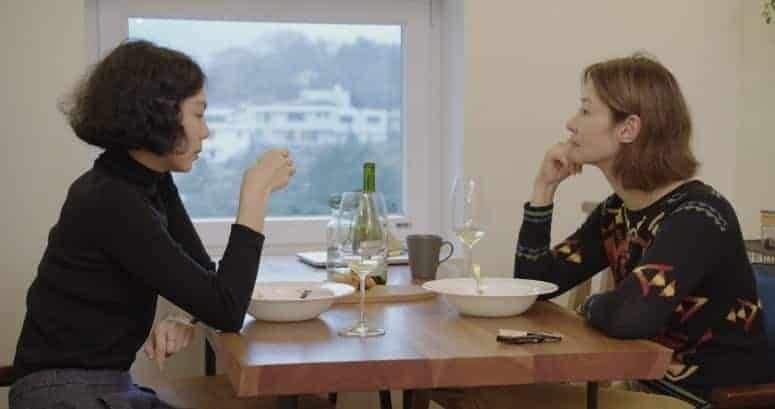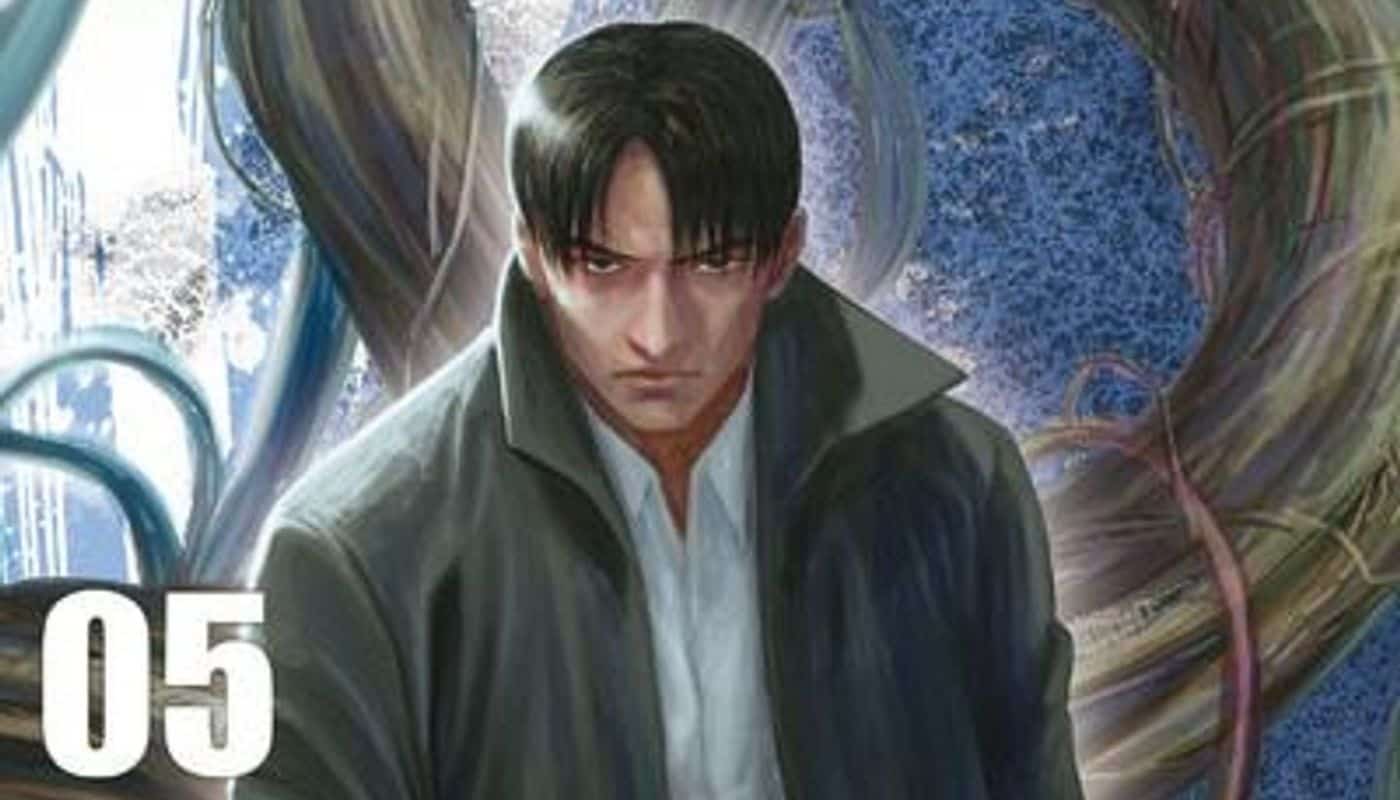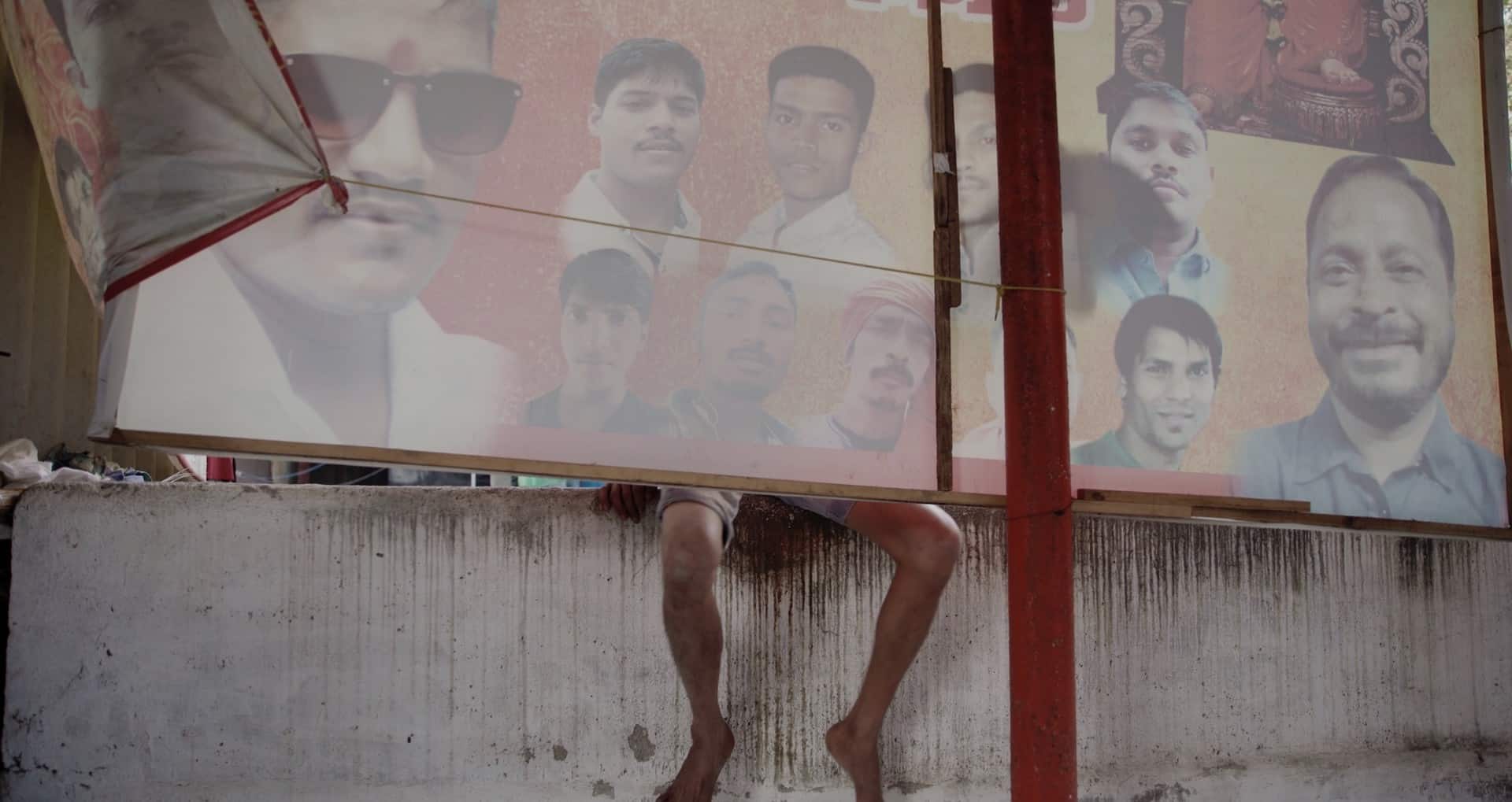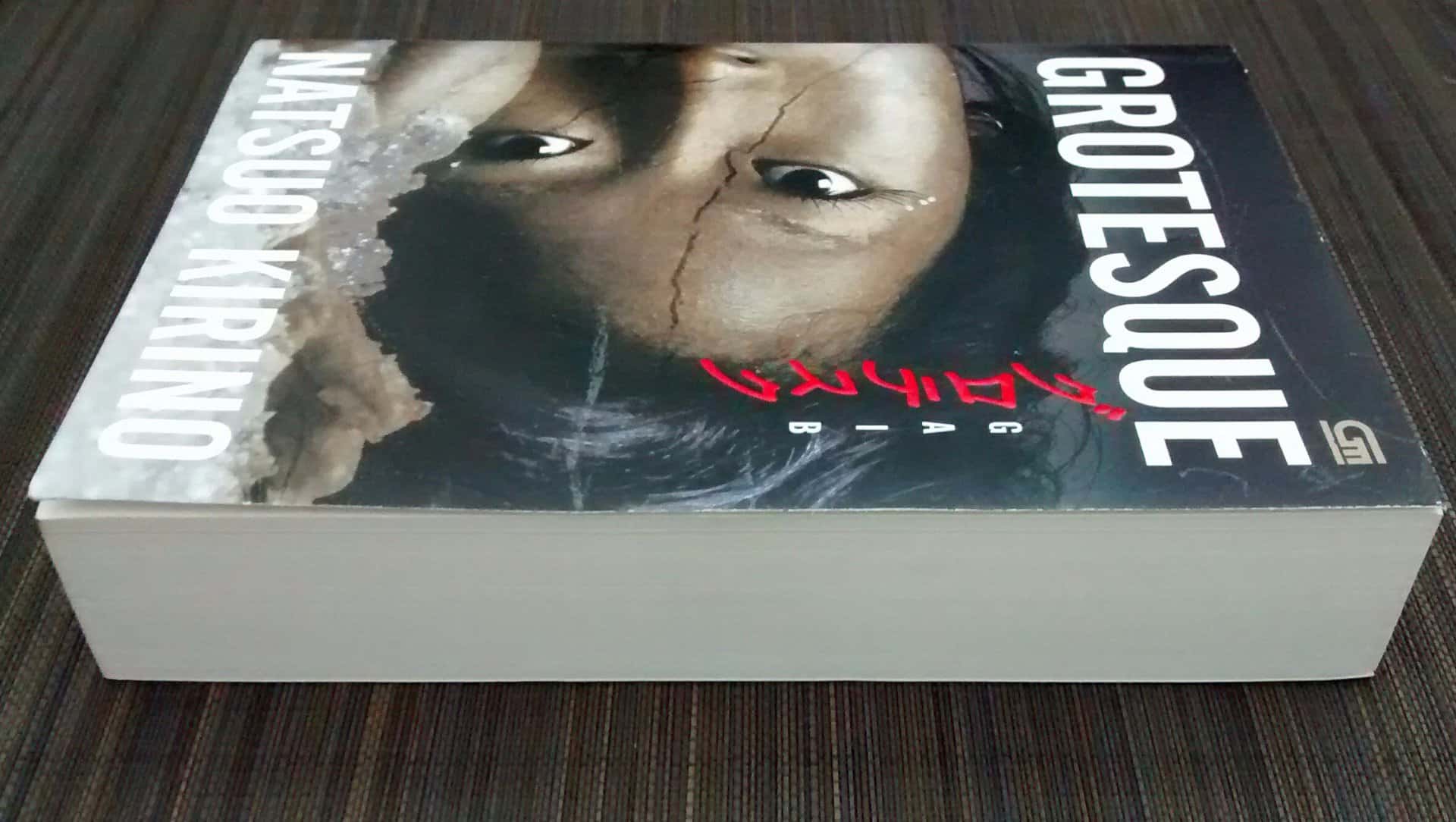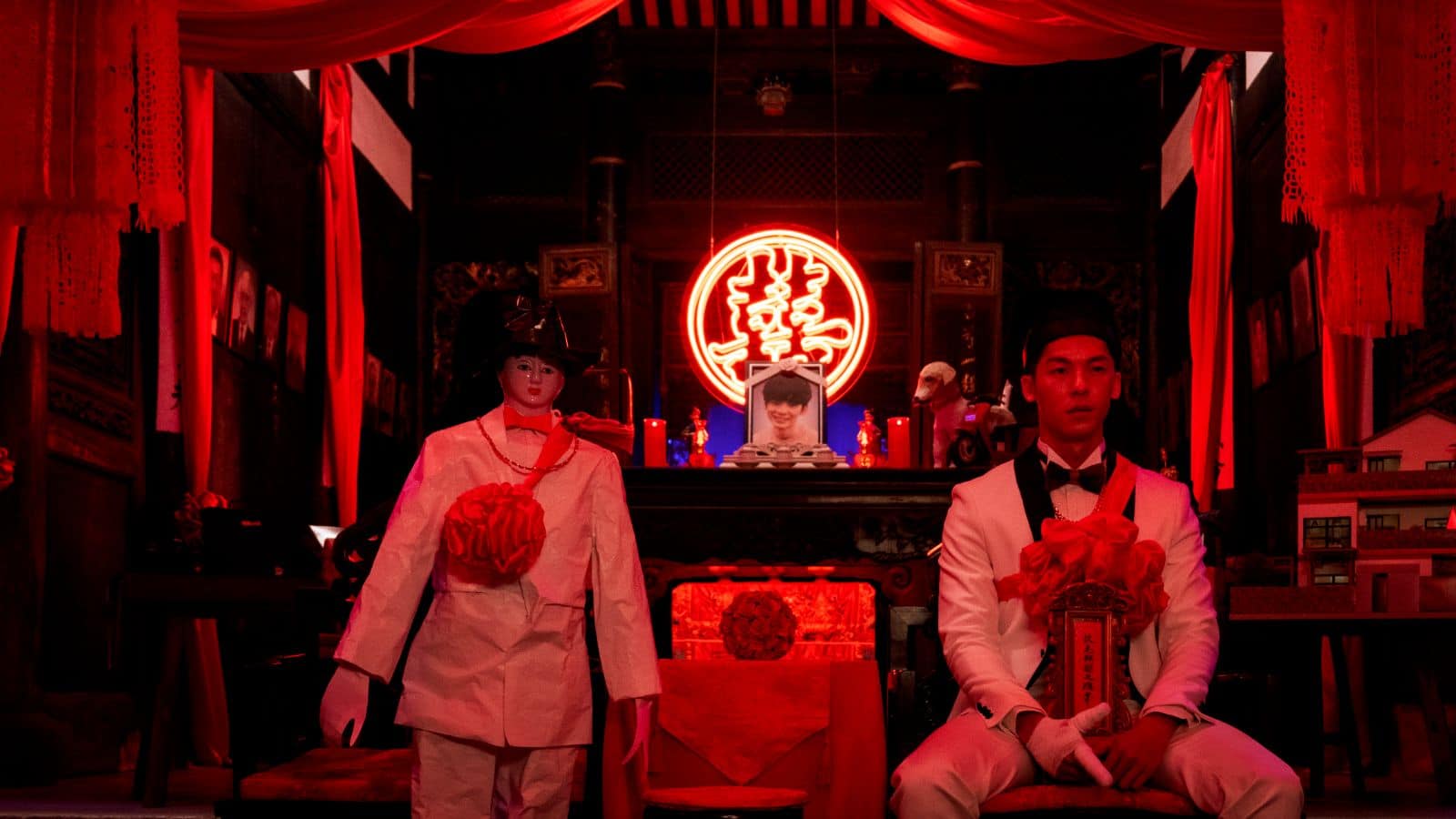Actor turned director turned actor again Kazuhiko Hasegawa had a very brief spur with his second capacity, but both of his works were rather successful. “The Man Who Stole the Sun” was considered on of the best titles of 1979 and has gathered a kind of a cult following, while Shohei Imamura-produced “Youth Killer”, shot four years before that, netted him and protagonist Mieko Harada a number of awards throughout Japan, particularly from Kinema Junpo.
Follow our coverage of Art Theatre Guild by clicking on the image below
All the relationships Jun, a young man has, are rather extreme. His parents love him, but they have very specific purposes for him, having forced him to not go ahead with his schooling but instead run the family's snack bar, since the tire business the family is currently dealing with, has been declining for years. Jun has a girlfriend, Keiko, who seems quite hung up on him, but as his father reveals one day, the story about how she got deaf from one ear, and probably a number of other things, are nothing but lies. Not managing to hear any more, Jun stabs his father to death and is soon discovered by his mother, whose behaviour, however, is even more erratic, initially planning how to get rid of the body and their escape from the area, before she decides to attack him. Eventually left alone, the young man meets Keiko again, who is also supportive of him despite the events that took place. Jun, however, just seems to want to be left alone, additionally suffering from a rather unusual sense of guilt.
Kazuhiko Hasegawa directs a film that channels the frustration and the anti-establishment feelings of the era in Japan in the most brutal fashion, essentially presenting a young man that everyone around him try to dictate how he will live, eventually leading him, inevitably one could say, to violence. That both his parents are erratic, with his father hiring a detective to check on Keiko and his mother presenting herself as a paranoid sociopath, who seems to somehow have been prepared for the murder of her husband, highlights the aforementioned, quite eloquently.
Check also this interview
Keiko, on the other hand, seems to share a somewhat similar fate, with her eventually letting him know that the reason she stays with him even after his crime, is because she has no one else in the world, essentially placing herself in a somewhat similar position with him, at least before the murders. This, however, is not a ‘damned' love story but a cry against the whole concept of family, society, and even relationships, with Jun obviously loving Keiko but still not managing to believe her true reasons for being with him, or her past for that matter, thus becoming another aspect of his life he wants to get away from. This element though, and the whole concept of the fig tree, can also be interpreted as another fault of his parents, as his father is the one who “notifies” him of the potential lies, essentially preventing him from having a relationship with the girl, in order to be able to control him more easily. As such, the explosion Jun experiences could also be attributed to this clash regarding control over him by his parents on the one side, and his girlfriend on the other.
At the same time, though, Hasegawa does not excuse his protagonist, presenting him as a man whose only way of taking control of his life is killing people, essentially becoming a beast, with his will for sex even after everything that transpires also moving into the same direction. At the same time, by the end the director also provides a sort of solution, practically saying that burning up the dreams families impose on their children and going away from everything is the only way out, in a message that also mirrors the climate of the era.
Tatsuo Suzuki's cinematography captures the suffocating, hellish setting the protagonists inhabit in the most fitting fashion, in a film that on occasion, and considering the large parts taking place in single locations with only two actors, points intently towards a stage play. Sachiko Yamaji's editing does induce the whole thing with a sense of speed, but the truth is, that the movie lags significantly on occasion, and in particular scenes, while the exploitation/erotic elements do not offer much in terms of context, and are obviously there mostly for titillation. In that fashion, and despite the impact of a number of episodes, at 132 minutes, the film definitely overextends its welcome.
The second issue is the acting. Laconic, mostly playing with his facial expressions and body movement, Yutaka Mizutani is quite good in the role of the lost young man, in a performance that truly stands above the rest in the film. The problem, however, lies with the female protagonists. Mieko Harada may have won a number of awards as a newcomer for Keiko, but most of her part consists of her yelling Akio's name, to the point that it becomes rather annoying after a fashion. This loud, hysterical yelling also appears in Etsuko Ishihara's performance as the mother, although her reactions do justify, somewhat, this aspect, in her case.
As such, and despite the interesting messages, the rather entertaining exploitation elements and the overall artfulness of the shooting, “Youth Killer” emerges as a movie quite difficult to watch after a point, as it becomes obvious that some intense trimming and a different style of acting would have definitely benefitted the movie.


